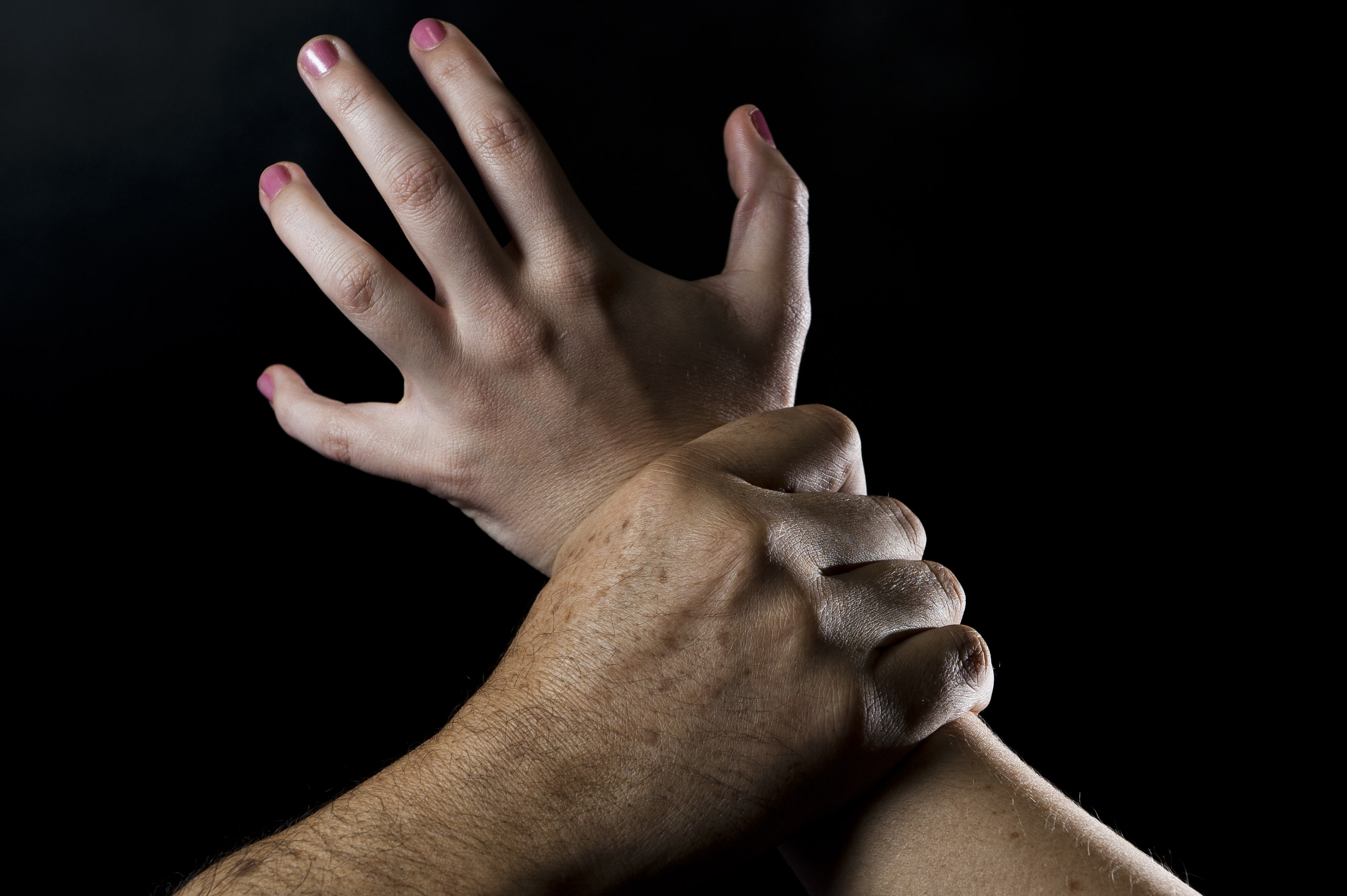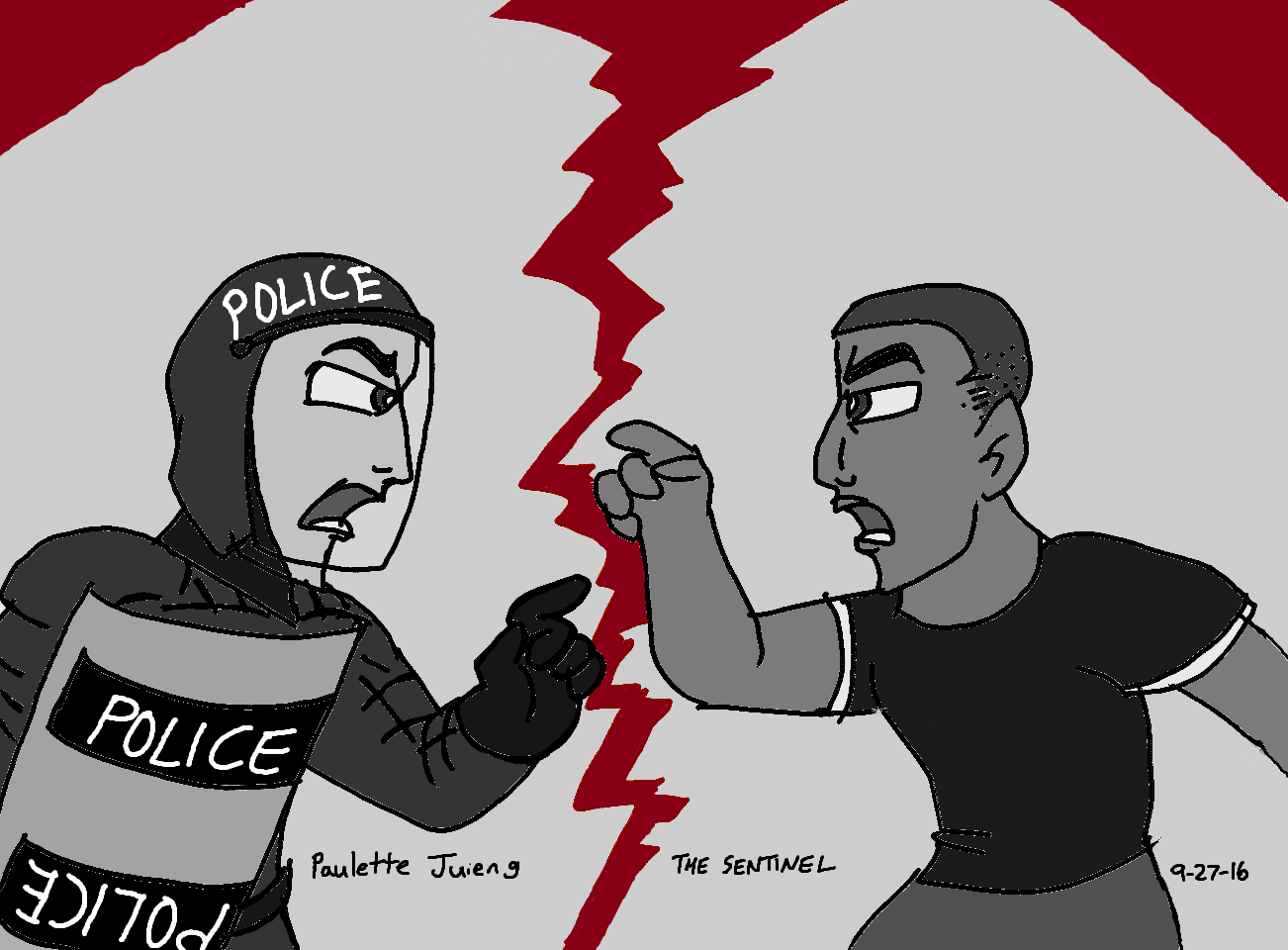It is no secret that reality TV creates a false narrative of every scenario for viewership and entertainment.
Bad Girls Club (BGC) is one of the several reality shows on television. They marketed itself as a social experiment that sought to reform ‘bad girls’ by placing 5-10 women over the age of 21 in a house to live together for three months.
At the start, they made being on the show about advancing their careers, whether they wanted to be on more reality TV shows, a rapper, etc., but it seemed like everyone had a purpose for being on the show.
It is unknown whether this was the plan from the beginning, or whether greedy executives and production assistants were hired and changed the show’s dynamic to whether they specifically cast individuals they knew would negatively clash with other people on the show.
As the seasons continued, they focused less on helping the women and more on creating drama for the show.
They would specifically ask potential candidates about their lives. If they did not come from an abusive or dark background that would make them “rough around the edges.”
Then they were not part of the cast because they knew a rational person would be difficult to push to their limits and give them the dramatic reality tv personality they so desperately needed for views.
That is where the exploitation aspect comes into play because this is the textbook definition of capitalizing off of people’s unresolved trauma, and it is morally corrupt to pretend like you are there to solve it and help them when your actual goal is to hurt them in the end for financial gain.
In a YouTube video, BGC 12 and 13’s Alyssa Carswell said, “We got paid $500 a week for BGC 12.”
For $500 a week, cast members from most of the later seasons had to live in an environment where their roommates would ruin their belongings and attack them over production-instigated drama.
After several lawsuits from previous cast members, including one that impacted the show’s ability to keep running, BGC aired its final season in 2017.
According to a Distractify article, season 14’s Shannade and Shannon Clermont won the $1 million lawsuit against the show for property damage and physical and emotional distress.
Viewers would hope that legal issues like that would stop studios from creating abusive reality television sets. Since 2021, BGC seasons 4 and 13’s Natalie Nunn has a spinoff show where the exploitation is not nuanced.
“Baddies” airing on Zues network follows the usual theme of its counterpart by taking and televising groups of women traveling, but it is no longer under the guise of helping them reach an end goal.
The show has either previous cast members of BGC seasons or social media stars from different reality shows, all of whom have apparent mental illnesses.
The only plot to each episode is to argue and fight.
Reality TV networks do not start or stop at adults when it comes to exploitation.
Dance Moms, airing for nine seasons and counting, has thrived off the entertainment viewers at home receive from watching mothers fight with their children’s dance teacher for yelling and degrading their children.
Surprisingly, the show continued to air even though cast members, all between ages 8-14, allegedly had to weigh themselves often to stay on the team.
On seasons 1-4, Chloe Lukasiak has since opened up about her struggles with eating disorders, bulimia, anorexia, and body image since the show, according to an article in People magazine.
These shows had and are still having real negative impacts on people’s lives from participating in these shows.
In a Business Insider article, Payton Ackerman, a recurring cast member from seasons 1-4, stated, “We were portrayed as villains and received death threats.”
The people behind reality TV cameras have always reaped the most benefits with lesser consequences of the storylines they create to portray people at the expense of those shown on television for money.


